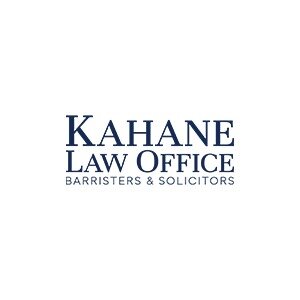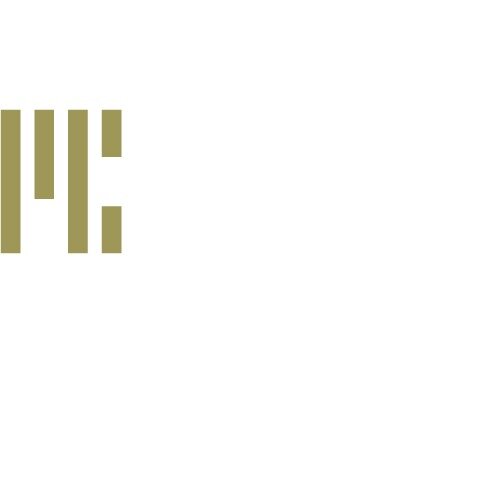Best Wrongful Termination Lawyers in Edmonton
Share your needs with us, get contacted by law firms.
Free. Takes 2 min.
List of the best lawyers in Edmonton, Canada
About Wrongful Termination Law in Edmonton, Canada:
Wrongful termination, also known as wrongful dismissal, refers to a situation where an employer terminates an employee's contract of employment without ample cause or without appropriate notice. In Edmonton, Canada, the Employment Standards Code is the provincial legislation governing this area of law. Employees who feel they've been unjustifiably terminated from their job can seek legal redress based on this legislation.
Why You May Need a Lawyer:
An experienced wrongful termination lawyer can help you understand your rights, the legal processes involved, and the best possible recourse in your particular circumstances. You might need a lawyer if you feel you have been fired without just cause, haven't been provided with a reasonable notice period, or if your severance package seems inadequate. Furthermore, if your dismissal involves any form of discrimination, a lawyer can help you file a discrimination claim under the Alberta Human Rights Act.
Local Laws Overview:
In Edmonton, the rule is that all employees are entitled to a notice before being let go, unless there's a just/reasonable cause. As per Employment Standards Code, employees are eligible to a minimum notice period or pay in lieu, the length of which is dependent on the duration of employment. For cases like constructive dismissal or discriminatory dismissal, other laws such as the Alberta Human Rights Act may come into play.
Frequently Asked Questions:
1. What is considered wrongful termination?
Any employment termination that violates the terms of an employment contract, Alberta's employment standards, or basic human rights can be considered wrongful termination.
2. Can I sue my employer for wrongful termination?
Yes, if you believe you have been terminated unlawfully, you can file a lawsuit against your employer seeking compensation for lost wages and other damages.
3. What do I need to prove a wrongful termination case?
You need to demonstrate that your dismissal was egregious, unfair, punitive, or dishonest, or that it violated the terms of your employment contract or the provincial law.
4. How long do I have to file a wrongful termination lawsuit?
You should file your lawsuit as soon as possible. There are limitation periods that apply - generally, you have 2 years from the date of your termination to file your claim in court.
5. What can I expect to recover in a wrongful termination lawsuit?
Usually, you may be able to recover lost wages, benefits, bonuses, and sometimes, additional damages caused by the employer's misconduct.
Additional Resources:
The Alberta Employment Standards Code and the Alberta Human Rights Act are essential legal texts for understanding wrongful termination. You may also refer to The Law Society of Alberta and Alberta Labour relations board for additional support and resources.
Next Steps:
If you believe you have been wrongfully terminated, gather all related documents such as your employment contract and termination notice. Then, reach out to a reputable wrongful termination attorney in Edmonton. They can help you navigate through the complex legal proceedings and bring your case to a successful resolution.
Lawzana helps you find the best lawyers and law firms in Edmonton through a curated and pre-screened list of qualified legal professionals. Our platform offers rankings and detailed profiles of attorneys and law firms, allowing you to compare based on practice areas, including Wrongful Termination, experience, and client feedback.
Each profile includes a description of the firm's areas of practice, client reviews, team members and partners, year of establishment, spoken languages, office locations, contact information, social media presence, and any published articles or resources. Most firms on our platform speak English and are experienced in both local and international legal matters.
Get a quote from top-rated law firms in Edmonton, Canada — quickly, securely, and without unnecessary hassle.
Disclaimer:
The information provided on this page is for general informational purposes only and does not constitute legal advice. While we strive to ensure the accuracy and relevance of the content, legal information may change over time, and interpretations of the law can vary. You should always consult with a qualified legal professional for advice specific to your situation.
We disclaim all liability for actions taken or not taken based on the content of this page. If you believe any information is incorrect or outdated, please contact us, and we will review and update it where appropriate.









